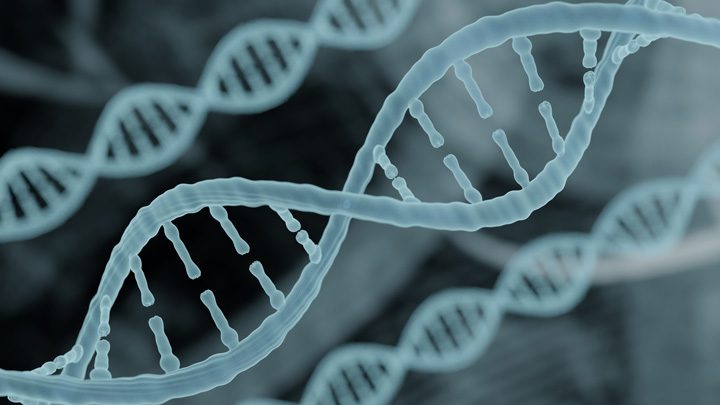Is Addiction a Genetic Problem? Are You Doomed to Use?
Did you grow up in a home where one or both of your parents used drugs or alcohol often? Did you believe it was “normal” for people to do so? Perhaps you saw a loved one die from addiction. You may have witnessed a family member suffer after a drunk driving incident they caused. Of the many risk factors for developing addiction, genetics accounts for about half.
How Much Does Genetics Play a Role in Addiction?
The National Institute on Drug Abuse (NIDA) found that as much as 50 percent of a person’s risk of becoming addicted to alcohol, drugs, or nicotine depends on their genetic makeup. Family studies of fraternal twins and siblings found an increased risk for people who have a genetic history of addiction in their family tree.
Genes are the component of DNA that makes you who you are. They provide the blueprint and information to direct the cellular activities within the body. Genetic DNA among humans is very similar – 99.9 percent of the DNA you have is exactly the same as many others. However, it’s the 0.1 percent that makes a huge difference in who you are and what happens to you.
This small fraction accounts for many of the variations seen in people, from the way they look to their personality. Some genes also outline the risk for diseases such as cancer, heart disease, and diabetes. In short, if you have a close family member with an addiction, it may elevate your risk of having one as well.
Examples of Genetics & Other Factors
One example of the genetic component of addiction is cannabis use disorder. Researchers found that an estimated 30 percent of marijuana users have this disorder, which indicates problematic use and, in some situations, addiction. In addition, researchers know that there is a strong genetic component to the development of cannabis use disorder, though they do not have the genetic architecture yet to understand it.
Environmental factors play a role, too
Just because your family has an addiction track record doesn’t mean you’ll develop a substance use disorder. Environmental factors play a key role as well. For example, if you are faced with significant stress and trauma, you’re more at risk for using than someone who does not. People who experienced adverse childhood experiences (ACEs) are also more likely to develop addiction as adults.
What Does This Mean for Your Future?
Having a genetic risk for developing addiction shouldn’t scare you, but it should encourage you to pay closer attention to what’s happening in your life. Unfortunately, there’s no way to know if you’ll develop addiction if you start to use substances. Yet, there are things you can do now to minimize the risk:
- Abstain. If your parents struggled with addiction and you don’t want to go down that path, simply don’t use drugs or drink alcohol. That’s hard to do when cultural norms make alcohol and drug use seem acceptable–but it is possible.
- Recognize the signs of stress. While genetics may be a component of addiction, triggers like stress can worsen the risk. For example, if you are struggling at work, with family life, or in other areas, it’s critical to seek relief from stress so you don’t turn to drugs or alcohol to self-medicate.
- Take care of your mental health. Another potential trigger for the onset of addiction is the presence of a mental health disorder. This may include depression, anxiety, post-traumatic stress disorder, or others. If you know you are struggling mentally, seek out immediate help from a licensed therapist.
- Maintain your health and lifestyle. Make good decisions about sleeping, eating, and getting exercise consistently. A person who is focused on their health is less likely to turn to substances for enjoyment.
- Know where to get help if you’re at risk. If you are using drugs and alcohol and finding it difficult to make it through the challenges you are facing, it’s time to seek out help. Turn to a treatment center right away for comprehensive care.
Even if you struggle with addiction, know that your fate is not sealed. You can get treatment, you can gain control over your addiction, and you can live a healthy, long life without drugs or alcohol. What’s holding you back is reaching out for help.
Our team is here for you. If you feel at risk right now, reach out to us for immediate support.
Share This Post:








